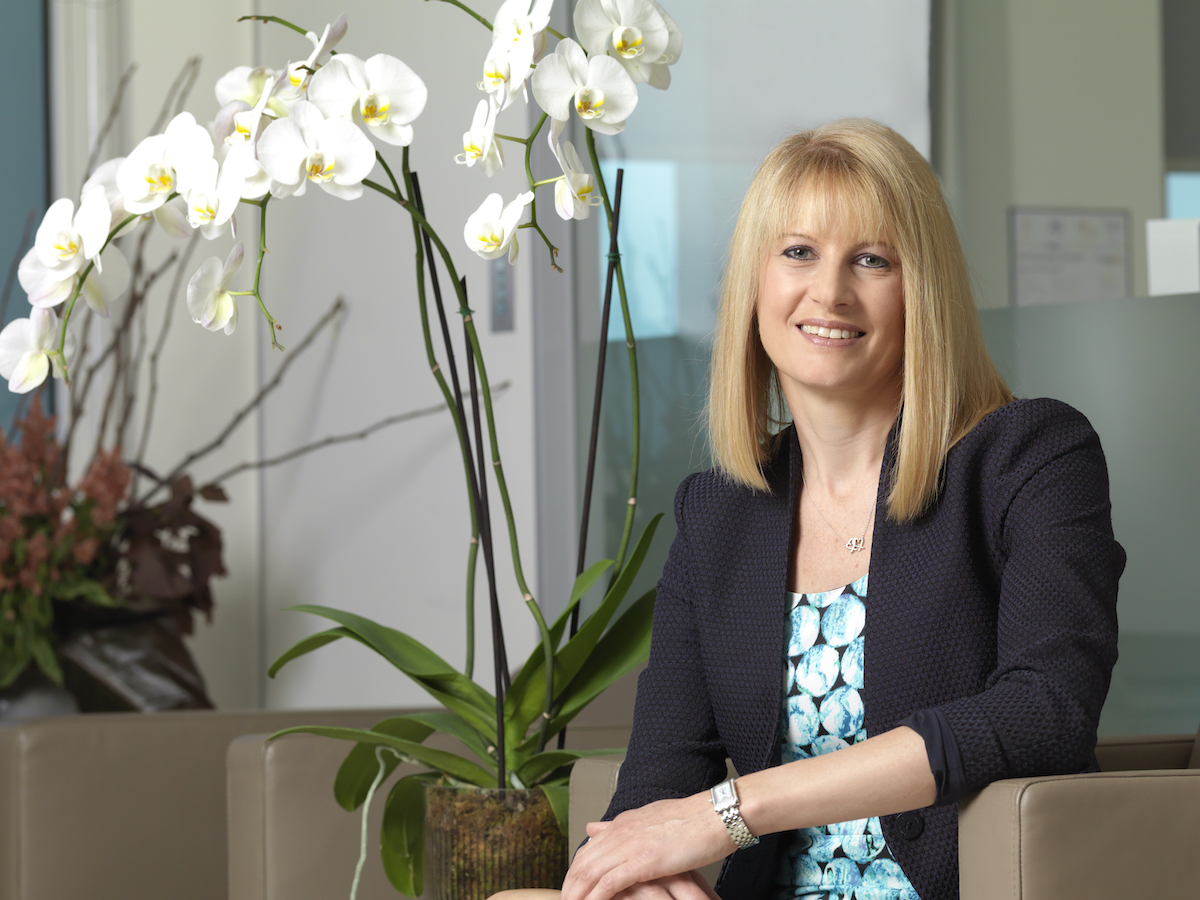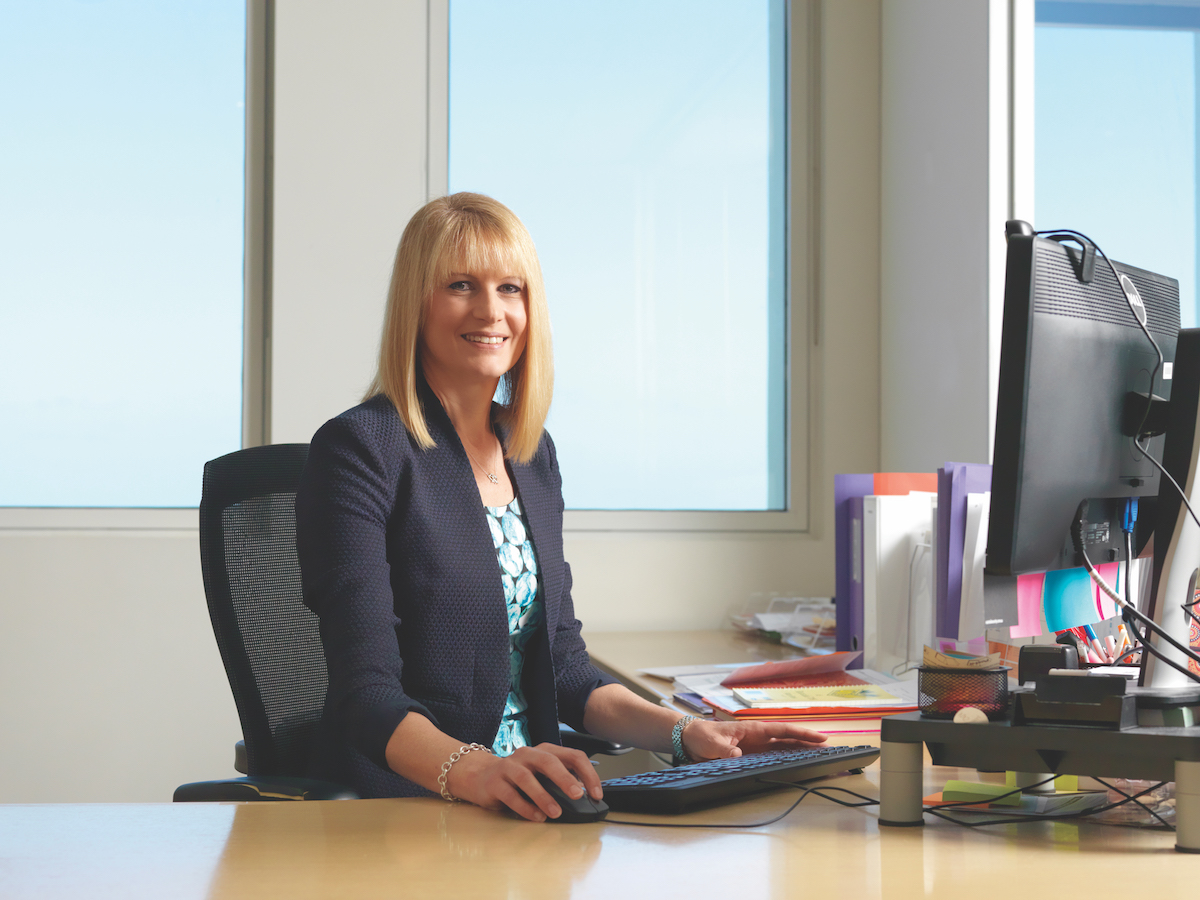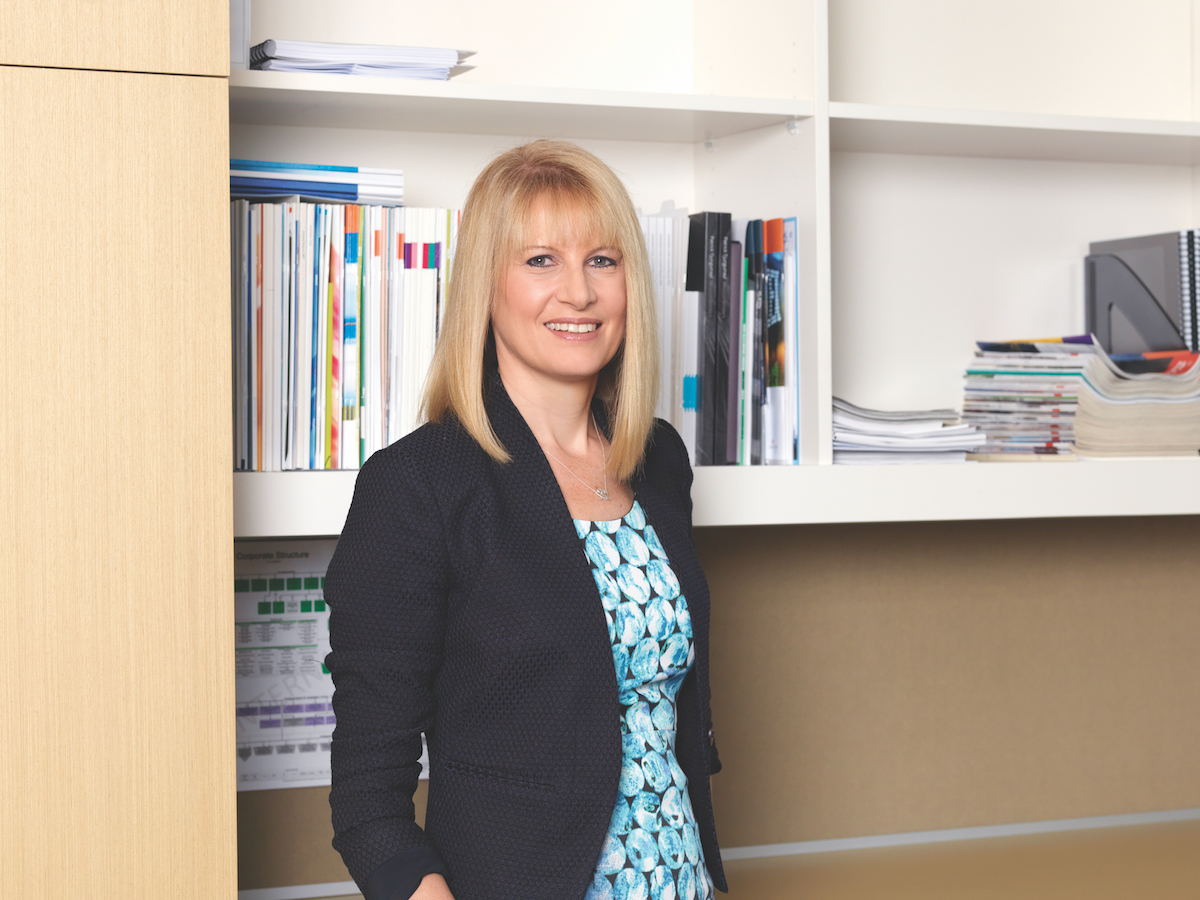With an extensive history dating back to 1840, Australian Unity is one of the country’s oldest mutual companies. Yet, the basis on which it was formed — to address and respond to a range of unmet community needs — largely endures, despite the social context and subsequent community needs having changed over time. Amanda Hagan, CEO of Australian Unity’s healthcare business, and recently appointed group executive of digital, thinks it’s amazing that “in a world that changes so rapidly, those kinds of values have prevailed.
“I think Australian Unity’s sense of purpose resonates with the community, especially where there are still unmet needs,” she says. “It’s really about taking a long-term view of a problem that hasn’t been adequately solved by the community or other organisations, and having the courage to find a solution.”
Digital transformation
While the problems back in the 1840s related to health and finance in the absence of government services like Medicare, today’s challenges are more closely linked to issues like Australia’s growing healthcare costs. Amanda believes that the key to lowering costs lies in the integration and digitisation of services, something she is focusing on in her role as group executive of digital, which sees her heading up Australian Unity’s newly created Digital Transformation Centre.

“People need to be able to try things and fail, and learn from that experience so that they can try, fail and learn all over again.”
“My focus now is in digital for the whole company,” explains Amanda. “We’ve got 16 lines of business, and each one of them already does digital to some degree. But we’ve taken a step back and realised that we have a fairly unique mix of services, products and skills in this business, and that we have the capacity to create something unique by integrating the company’s whole range of services.”
Of course, determining the Digital Transformation Centre’s primary applications will depend on the data it accrues, and in addition to healthcare will relate to Australian Unity’s 3 other main businesses: investments, independent and assisted living, and personal financial services. However, Amanda speculates, the provision of digital services in healthcare will be increasingly important. “Healthcare has had a very slow uptake of digital and the use of data,” she explains. “And there is a very big asymmetry of information between the customer and the medical practitioners. As much as stakeholders within the system will resist it, it is inevitable that data about the performance of hospitals, doctors, and surgeons, et cetera will become available, and that patients have a right to access it. And when it does, I think there will be a huge turnaround in consumers becoming empowered. There are also emerging technologies like telemedicine and quantified self — all of the data that we are collecting on ourselves — and virtual health assistants. So there are huge changes coming to the industry, and private health insurance is a part of that, and needs to be part of the solution if it’s going to remain relevant to the consumer.”
Remedy Healthcare
Having been CEO of Australian Unity’s healthcare business for the past decade, Amanda is well versed in finding solutions to meet the needs of consumers. Her job has primarily involved the integration of additional health services and the broadening of Australian Unity’s healthcare offerings beyond just private health insurance and dental. Over the years, Amanda has not only increased Australian Unity’s scope, but has made its services more accessible. While she has been integral in a number of initiatives, her proudest achievement to date has been building Remedy Healthcare, a health-support program business that provides members with at-home support and complementary care. “Remedy Healthcare didn’t exist before I came on,” reflects Amanda. “And today it’s one of Australia’s largest providers of integrated telephonic digital and in-home care services. It’s all about getting people out of hospital sooner, or stopping them going into hospital in the first place, by helping them better manage their health conditions.” Remedy has been so successful that it has been sold to the vast majority of Australian Unity’s health insurance competitors, in addition to numerous corporates, pharmaceutical companies and aged-care facilities.

Currently the company is embarking on commercialising another support program that targets mental health issues, specifically anxiety and depression. “We’ve partnered with Flinders University in South Australia to adapt a program from the UK. It’s a really innovative model that telephonically delivers services anywhere in Australia,” explains Amanda. “I think it’s a hugely important service and it shows Australian Unity’s commitment to focus on long-term societal problems.” Having developed Remedy out of what was initially “ideas scrawled upon a whiteboard,” Amanda’s personal philosophy is self-evident: always have a go. “People need to be able to try things and fail, and learn from that experience so that they can try, fail and learn all over again,” she says. “The hundredth time they try something —or somewhere along the spectrum — it will be a success.”
Given that Amanda is taking a step back from healthcare to focus more intently on the Digital Transformation Centre, this advice — to embrace failure — is largely self-directed. Nevertheless, with her track record, and capacity to problem solve and implement large-scale projects, her next success, and the subsequent accomplishment for Australian Unity, is undoubtedly around the corner.

